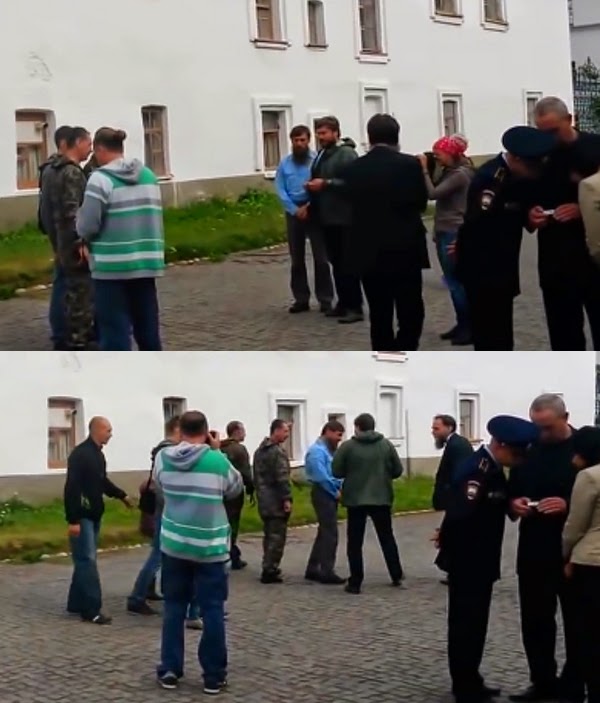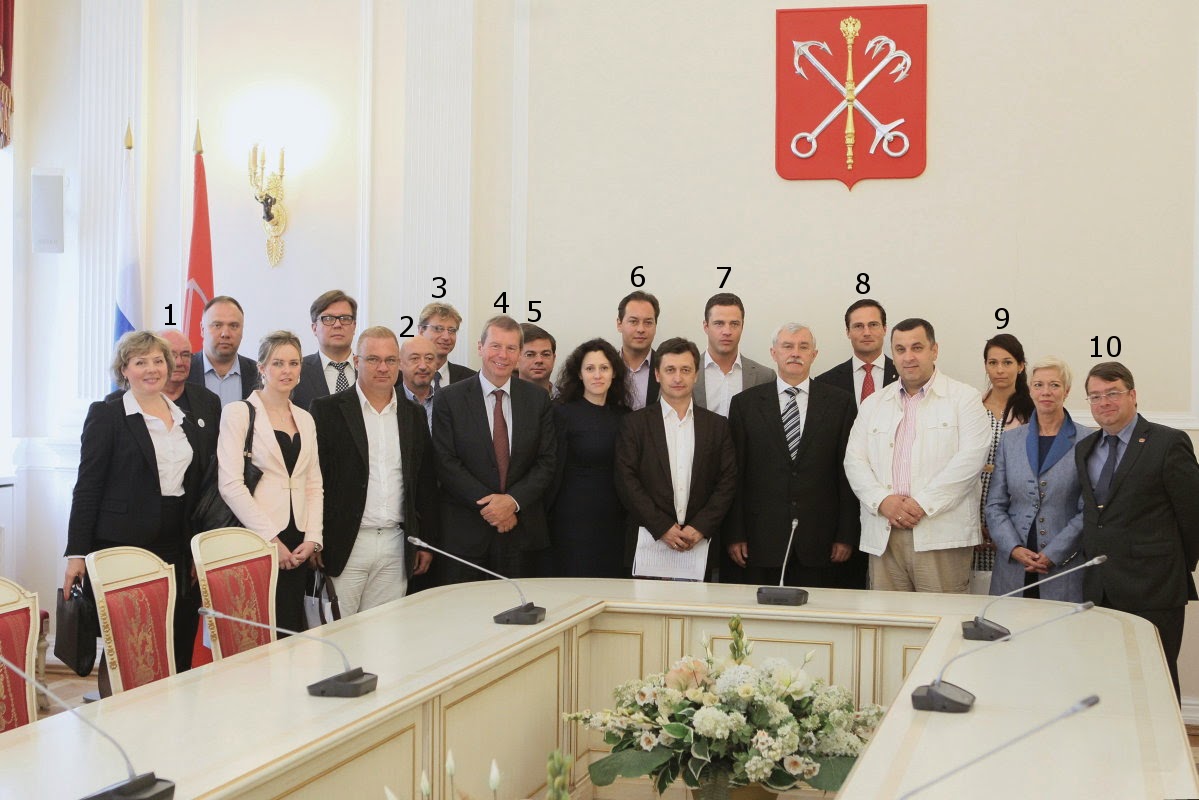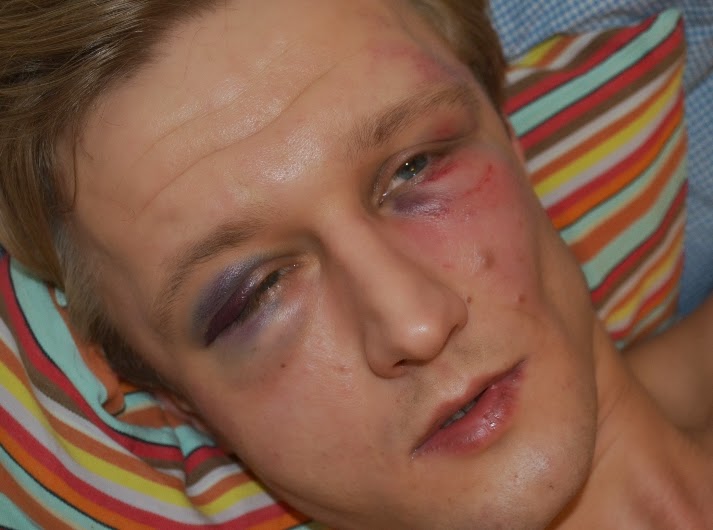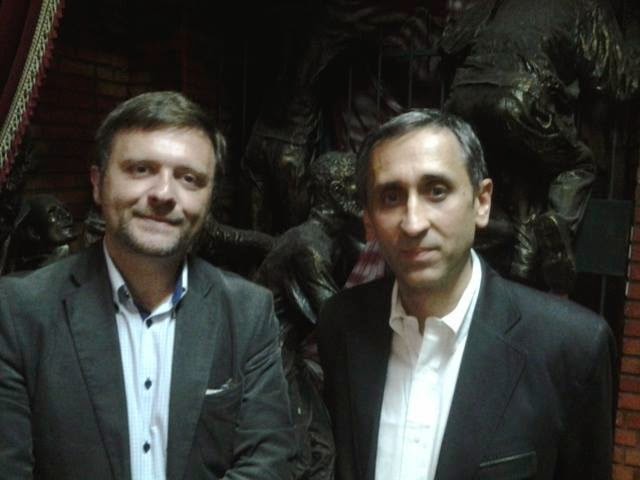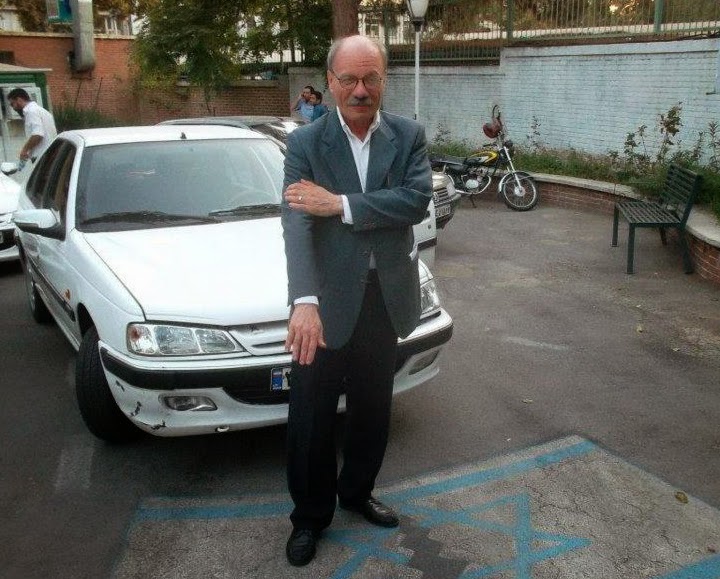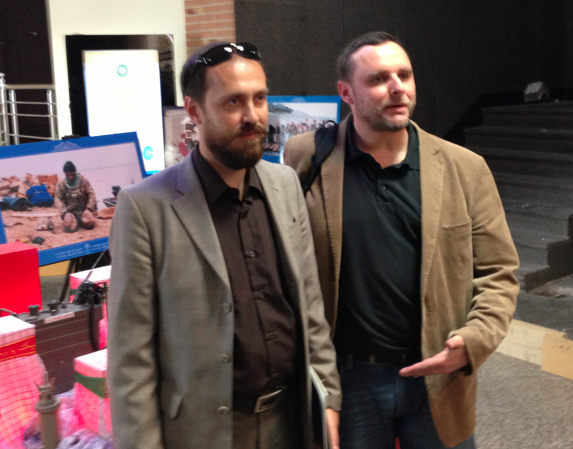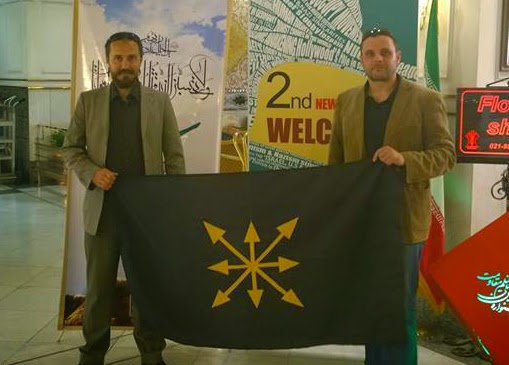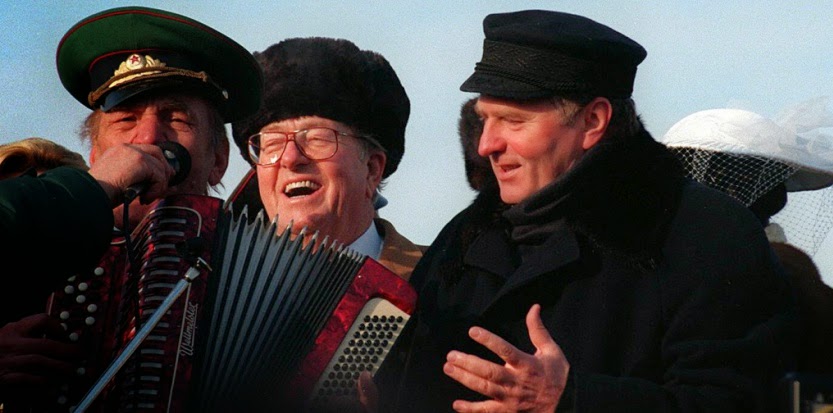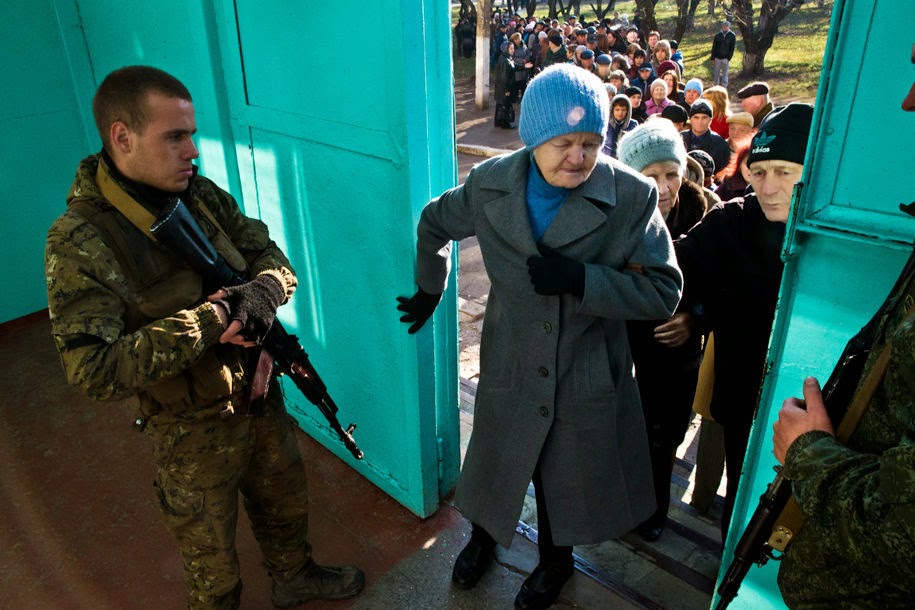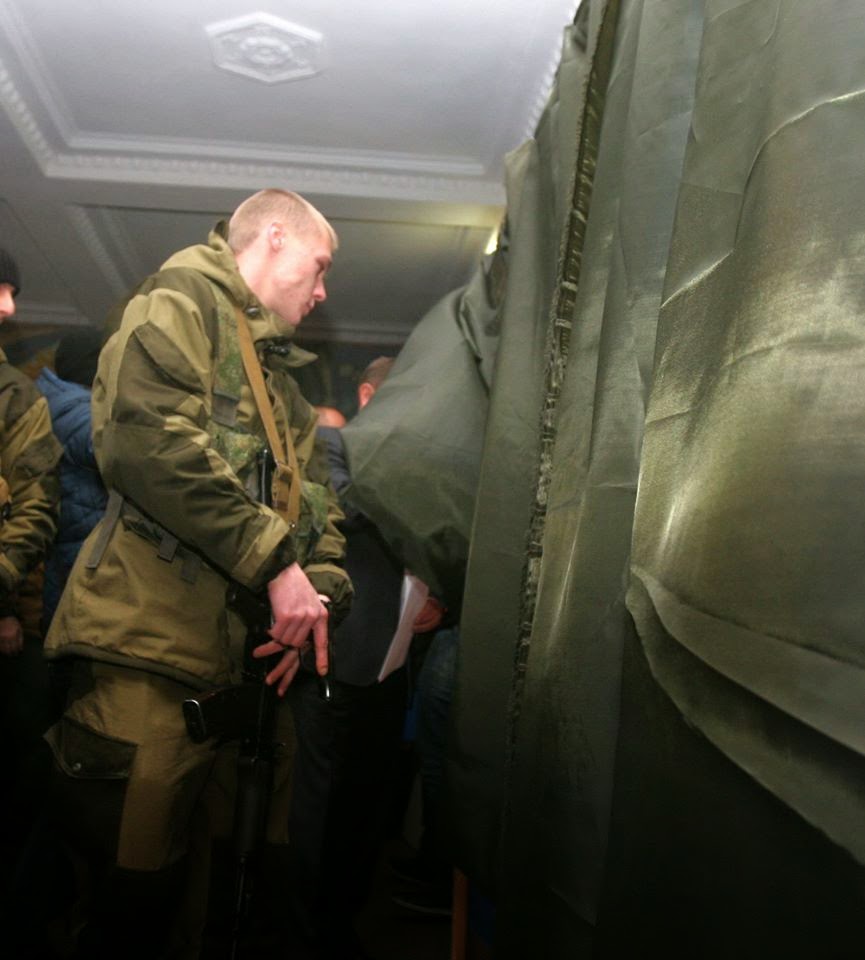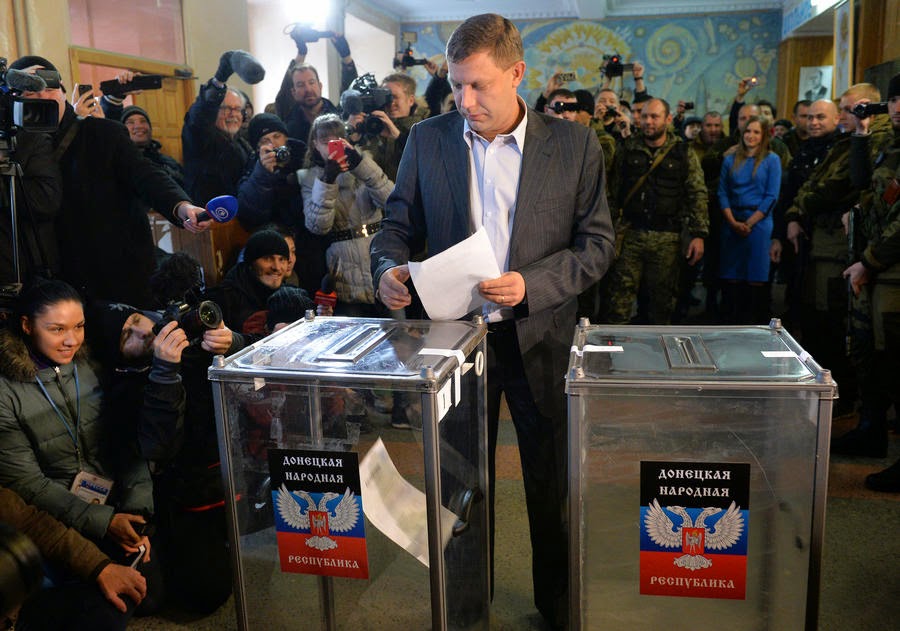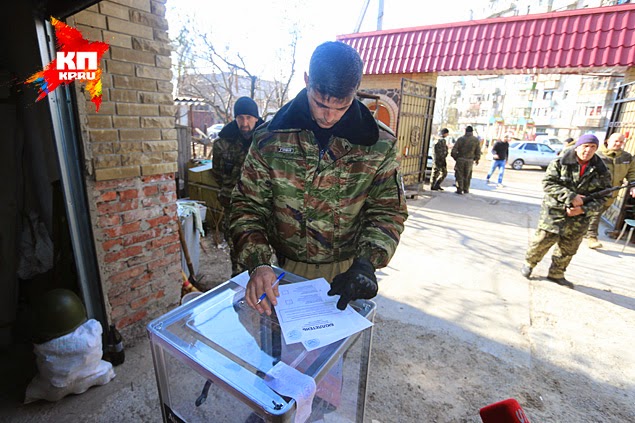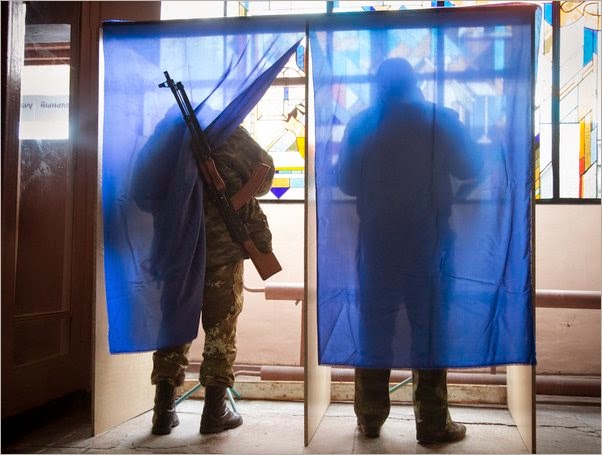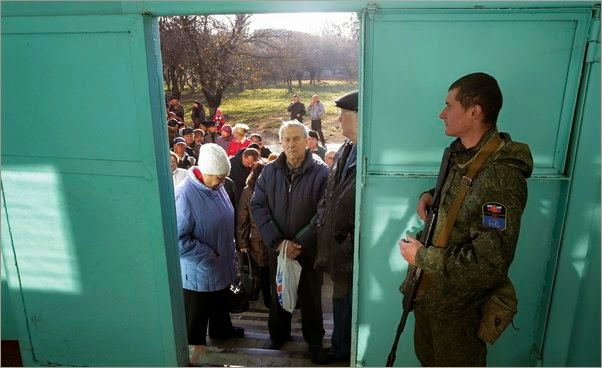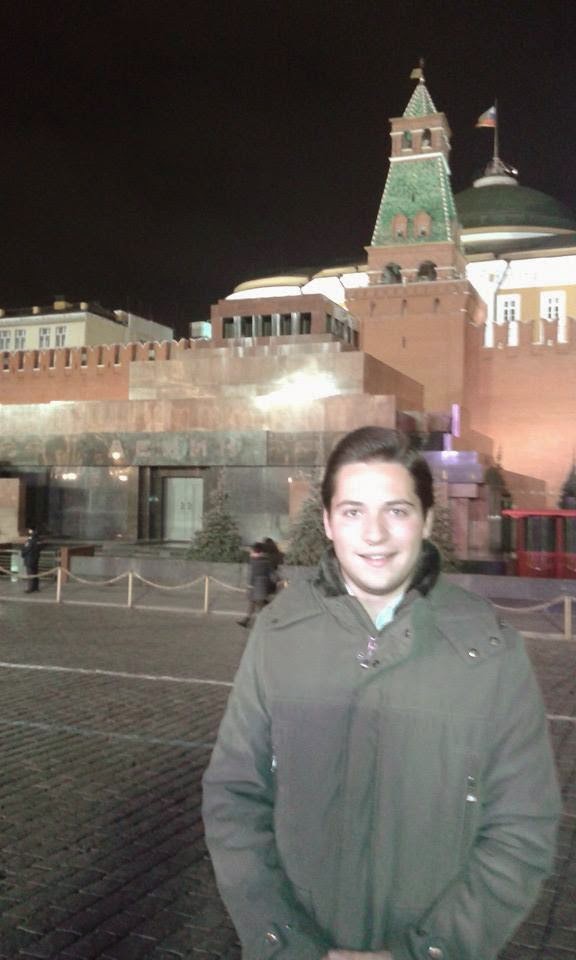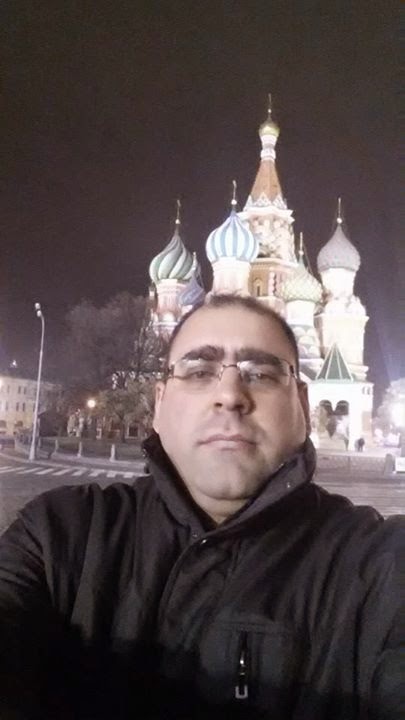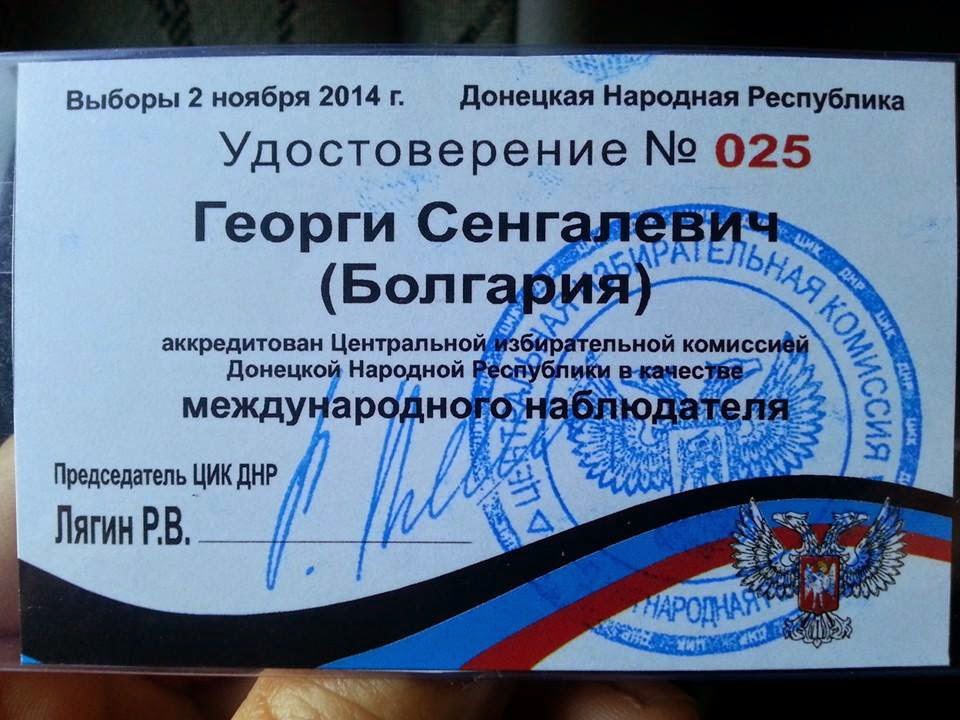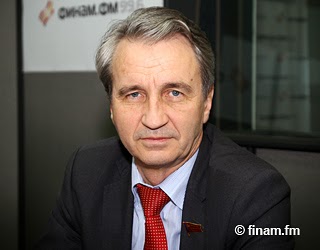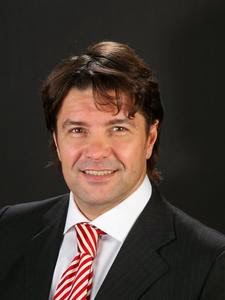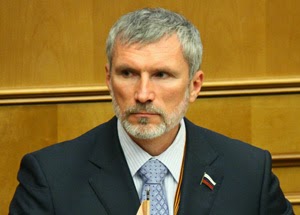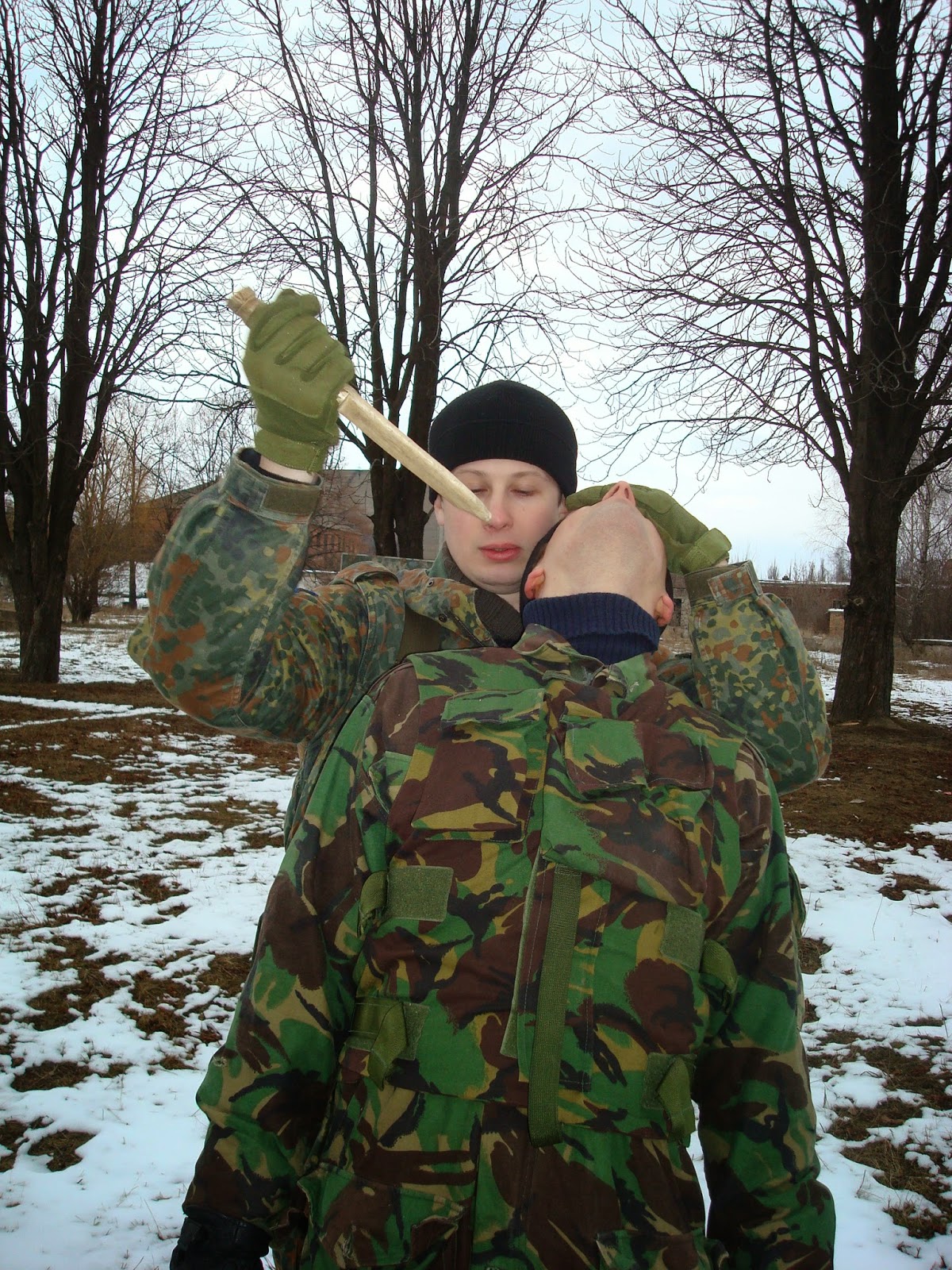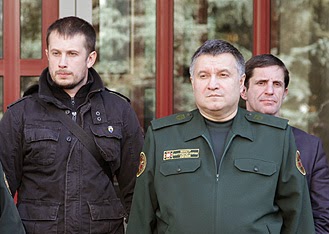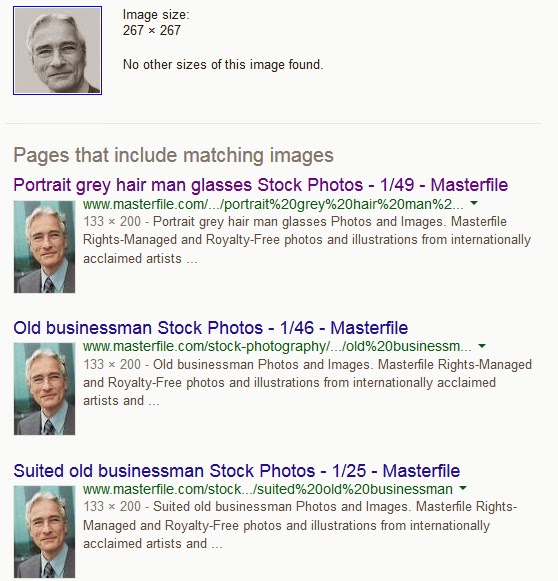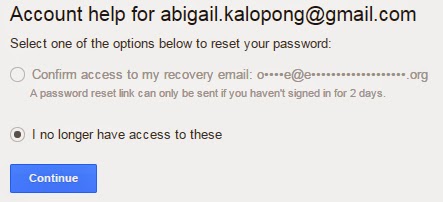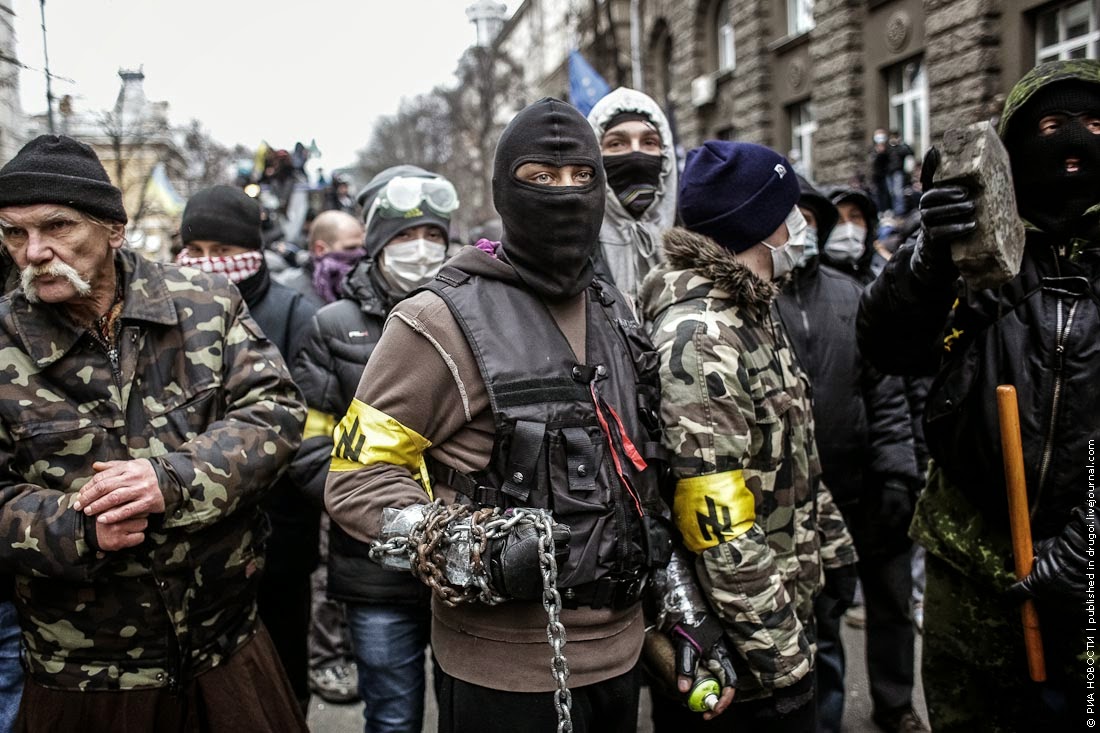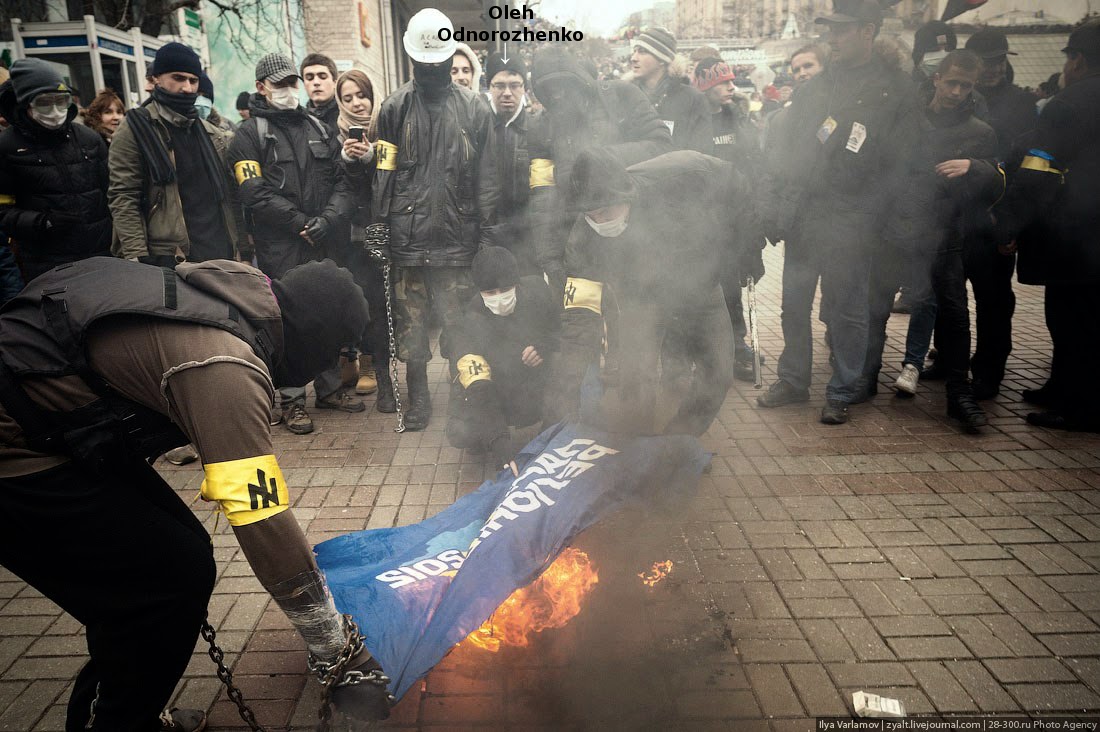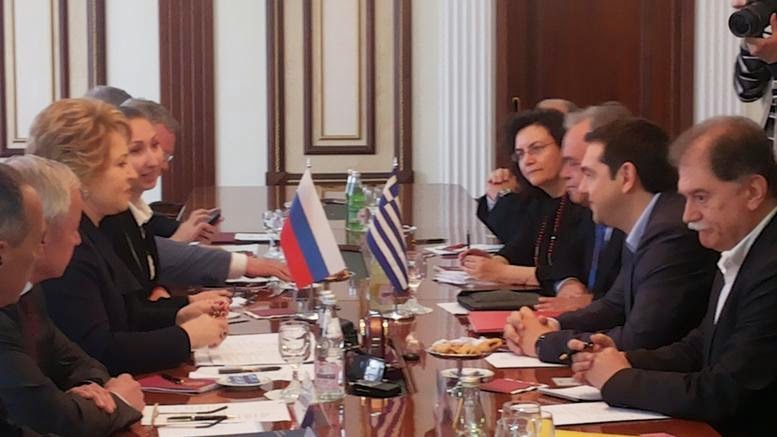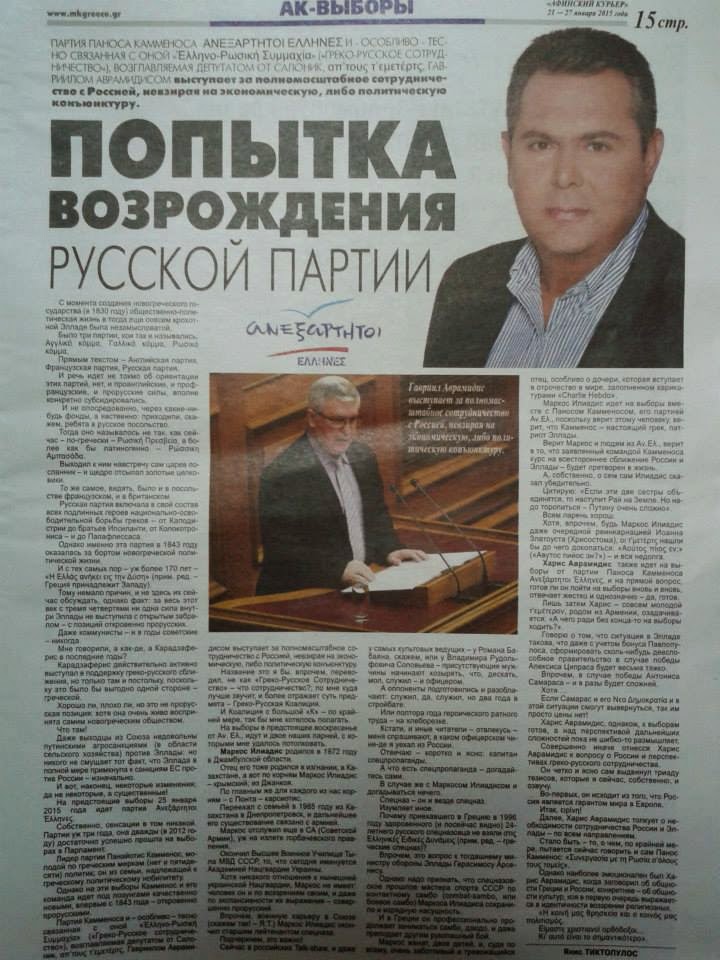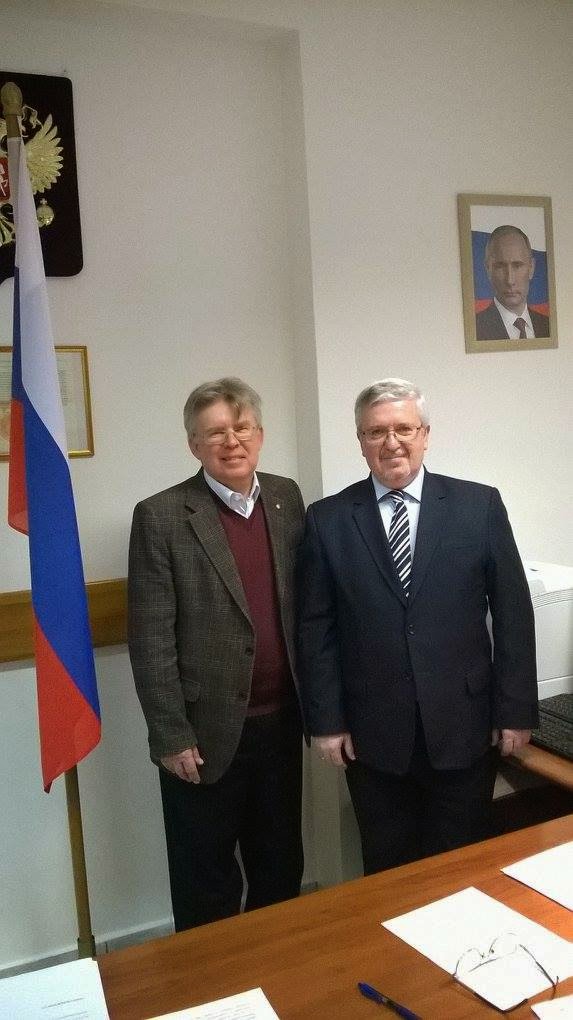In one of my previous posts and a guest op-ed for War is Boring, I wrote that the US-based anti-LGBT hate group World Congress of Families (WCF) planned but then cancelled its annual meeting (World Congress of Families VIII) "Every Child A Gift: Large Families – The Future of Humanity". It was supposed to take place in Moscow on 10-12 September 2014. Discussing possible reasons for the cancellation of the event, I wrote:
As it often happens with the "good Christians" from various hate groups, the cancellation story was a lie. The WCF VIII did take place in Moscow on 10-11 September 2014, but had a different - yet unsurprisingly similar - name: the International Forum "Large Family and Future of Humanity".
The WCF's General Director Lawrence Jacobs and Communications Director Don Federwere listed as members of the Organising Committee of the congress on the website of the Foundation of St. Andrew the First-Called, but were later removed in order not to disclose openly the WCF's involvement. However, here is the screenshot of the unedited webpage:
wrote:
Yet the leadership of the WCF and other organisers of the meeting strove so much to obscure the WCF's involvement that even the WCF's General Director Larry Jacobswas presented on the Facebook page of Konstantin Malofeev's St. Basil the Great Charitable Foundation not as the head of the WCF but as "President, CEO of Jabez Consulting".
Jacobs is indeed the founder of the Jabez Consulting, but he does not even bother to mention this fact in his main profile on LinkedIn where he describes himself primarily with a clear relation to the WCF.
In other words, the organisers of the WCF meeting in Moscow have done much to confuse casual observers, but too little - to deceive others. The US authorities may have questions to the WCF concerning their contribution to the uncivil society in Russia and cooperation with sanctioned individuals (see below).
Apart from the WCF, the meeting was co-organised by the Russian Orthodox Church, Vladimir Yakunin's Centre of National Glory and the St. Andrew the First-Called Foundation, and Konstantin Malofeev's Saint Basil the Great Charitable Foundation. Both Yakunin (sanctioned by the US) and Malofeev (sanctioned by the EU) are Russian oligarchs. Moreover, Yakunin is one of the most important representatives of the siloviki group that now seems to control the Kremlin, while Malofeev is an important connection to the EU-based far right parties and has been deeply involved in unleashing the "Ukraine crisis".
reported, Malofeev recently convened in Vienna a secret meeting of Russian and European fascists and right-wing politicians such as Aleksandr Dugin (International Eurasian Movement, Russia), Marion Maréchal-Le Pen and Aymeric Chauprade (National Front, France), Heinz-Christian Strache and Johann Gudenus (FPÖ, Austria).
Chauprade was present at the WCF VIII in Moscow too and even sat in the presidium of the congress.
Also present at the congress was FPÖ's Johann Gudenus. He condemned Western sanctions against Russia that is waging war on Ukraine and talked about "the strong gay lobby in Europe" that "controls the mass media". According to Gudenus, the US, obviously, is behind the alleged attempts at destroying the traditional values in Europe.
Major Austrian political parties have criticised the message of Gudenus, and Federal spokesperson of the Austrian Green Party Eva Glawischnig urged the FPÖ's leader Heinz-Christian Strache to distance from Gudenus' speech at the congress: "The FPÖ chairman must decide whether he and his friends want to be in the pay of Moscow or on the European side". It looks, however, that Strache has already made a decision.
In March 2014, Chauprade and Gudenus were among the "observers" at the illegal "referendum" in Ukraine's Autonomous Republic of Crimea first occupied and then annexed by Russia. Like many other far right politicians, each of them has a history of cooperating with the Russian authorities.
The congress was essentially a political event aimed at presenting (and reinforcing the image of) Russia as a bastion of family and traditional values. In the absence of progressive modernising tendencies, Russia needs to lay claim on at least some primitive idea to explain the presumable validity of its ambitions for global leadership.
[Following the outrageous annexation of Crimea by Putin’s Russia], the U.S. imposed sanctions on three Russian individuals — Vladimir Yakunin, Yelena Mizulina and Aleksey Pushkov— who have cooperated with WCF, among others.One organisation that had planned to take part in WCF VIII in Moscow, Concerned Women for America, pulled out for a similar reason. As its president Penny Nancesaid, "We made the decision that we’re not going to Russia. I don’t want to appear to be giving aid and comfort to Vladimir Putin".
Since the WCF is, above all, a U.S.-based organization, they most likely decided not to risk harming its reputation domestically by dealing with the sanctioned individuals.
As it often happens with the "good Christians" from various hate groups, the cancellation story was a lie. The WCF VIII did take place in Moscow on 10-11 September 2014, but had a different - yet unsurprisingly similar - name: the International Forum "Large Family and Future of Humanity".
The WCF's General Director Lawrence Jacobs and Communications Director Don Federwere listed as members of the Organising Committee of the congress on the website of the Foundation of St. Andrew the First-Called, but were later removed in order not to disclose openly the WCF's involvement. However, here is the screenshot of the unedited webpage:
wrote:
WCF held a leadership strategy meeting for representatives of pro-family groups attending the event. There were reports on the upcoming International Forum: Large Family and Future of Humanity (Moscow, September 10-12, 2014) and World Congress of Families IX, Salt Lake City, October 27-30, 2015.Note that the meeting in Salt Lake City in 2015 will be called WCF IX, not WCF VIII (it would have been natural, since WCF VIII was allegedly cancelled), so this is yet another confirmation that the International Forum "Large Family and Future of Humanity" is in fact the planned WCF VIII "Every Child A Gift: Large Families – The Future of Humanity".
Yet the leadership of the WCF and other organisers of the meeting strove so much to obscure the WCF's involvement that even the WCF's General Director Larry Jacobswas presented on the Facebook page of Konstantin Malofeev's St. Basil the Great Charitable Foundation not as the head of the WCF but as "President, CEO of Jabez Consulting".
 |
| (Click to enlarge) The St. Basil the Great Charitable Foundation quotes Lawrence Jacobs as "President, CEO of Jabez Consulting". Note the hash-tags, however. |
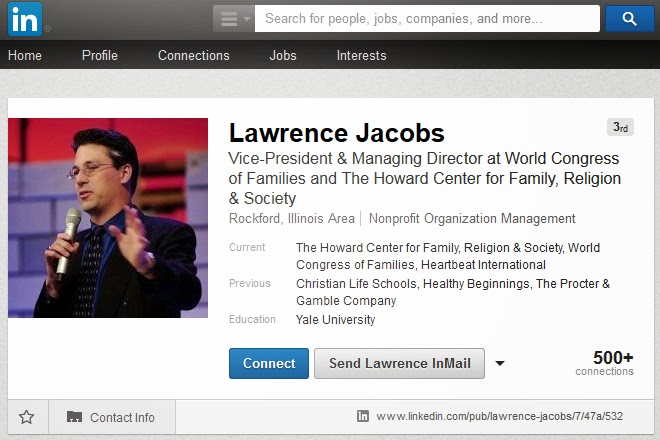 |
| The LinkedIn profile of the WCF's Larry Jacobs |
 |
| Compare the logos of the WCF and the International Forum |
reported, Malofeev recently convened in Vienna a secret meeting of Russian and European fascists and right-wing politicians such as Aleksandr Dugin (International Eurasian Movement, Russia), Marion Maréchal-Le Pen and Aymeric Chauprade (National Front, France), Heinz-Christian Strache and Johann Gudenus (FPÖ, Austria).
Chauprade was present at the WCF VIII in Moscow too and even sat in the presidium of the congress.
Also present at the congress was FPÖ's Johann Gudenus. He condemned Western sanctions against Russia that is waging war on Ukraine and talked about "the strong gay lobby in Europe" that "controls the mass media". According to Gudenus, the US, obviously, is behind the alleged attempts at destroying the traditional values in Europe.
Major Austrian political parties have criticised the message of Gudenus, and Federal spokesperson of the Austrian Green Party Eva Glawischnig urged the FPÖ's leader Heinz-Christian Strache to distance from Gudenus' speech at the congress: "The FPÖ chairman must decide whether he and his friends want to be in the pay of Moscow or on the European side". It looks, however, that Strache has already made a decision.
 |
| Johan Gudenus speaking on the gay lobby in Europe and the malicious US on 11 September 2014 in Moscow |
The congress was essentially a political event aimed at presenting (and reinforcing the image of) Russia as a bastion of family and traditional values. In the absence of progressive modernising tendencies, Russia needs to lay claim on at least some primitive idea to explain the presumable validity of its ambitions for global leadership.
If you liked this article, you may wish to consider donating to the development of this blog via PayPal.

